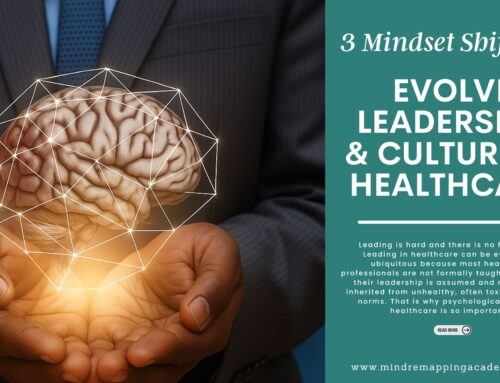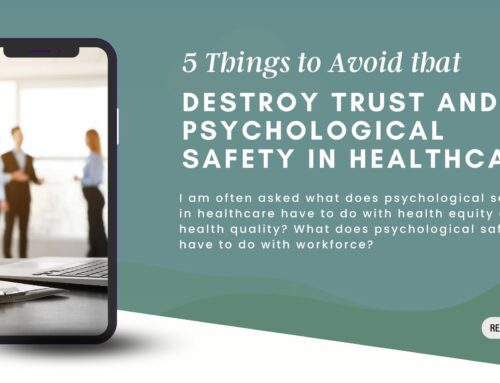
Reclaiming Emotion as a Core Leadership Tool
Too often, when leaders hear the word “emotion,” they start backing away. Why? Because emotional intelligence still carries a stigma in many professional environments. Yet the truth is undeniable, emotional intelligence in leadership is one of the most powerful tools available for building psychologically safe, inclusive, and trauma-informed workplaces.
Leaders who practice emotional intelligence create space where others feel heard, valued, and respected. That’s not just good for morale, it’s good for business, trust, and equity.
What Is Emotional Intelligence and Why Does It Matter?
Emotional intelligence (EQ or EQi) is more than just “being emotional.” It begins with emotional awareness and emotional honesty. Historically, workplaces have encouraged people to “leave their feelings at the door.” But ignoring emotion doesn’t make it go away; it suppresses it.
Over time, that suppression leads to disconnection, poor communication, and sometimes even explosive reactions. Leaders who ignore emotion create environments ripe for burnout, miscommunication, and moral injury.
Practicing emotional intelligence allows leaders to:
-
Recognize their own emotional state
-
Pause before reacting
-
Regulate their behavior and communicate more effectively
This is emotional regulation, a skill that must be learned and practiced. It’s what gives people the space to respond rather than react.

Emotional Intelligence in Leadership: Why It’s Essential
Leaders with high EQi consistently outperform those who lack it. Why? Because emotional intelligence strengthens the pillars of effective leadership:
Conflict Resolution
Leaders with EQi navigate workplace conflict with empathy and composure, transforming tension into constructive conversations.
Better Decision-Making
Emotionally intelligent leaders balance data and emotion, resulting in more thoughtful and informed decisions.
Psychological Safety
A high EQ leader knows how to build trust and create safe spaces, where employees feel free to speak up without fear of judgment or backlash.
Emotional Intelligence as a Trauma-Informed Practice
Emotional intelligence is a core component of trauma-informed leadership. Here’s how:
-
Empathy and Sensitivity: Leaders attuned to others’ emotional states provide safer, more supportive environments.
-
Brave Spaces: Emotionally intelligent leaders create conditions where team members feel safe enough to express concerns without re-traumatization.
-
Self-Regulation: Leaders who understand their own triggers are less likely to activate trauma in others unintentionally.

Emotional Intelligence Mitigates Bias
High EQ helps leaders recognize and manage their own biases, promoting equity and inclusion. With more awareness comes more responsible action; and fewer microaggressions, assumptions, or blind spots.
Culture Shift Starts at the Top
Leaders set the tone. When executives prioritize emotional intelligence, they model it for the entire organization. This shift trickles down through:
-
Equitable decision-making
-
Inclusive policy creation
-
Safer team dynamics
-
Improved employee retention and trust
The ripple effect of emotionally intelligent leadership is profound.
Final Thoughts: Making Emotional Intelligence the Standard
Emotional intelligence in leadership is not just a feel-good concept, it’s an organizational imperative. It improves communication, reduces turnover, strengthens inclusion, and supports trauma-informed environments.
Train your leadership teams. Practice emotional awareness. Make space for emotion in the boardroom. When leaders lead with EQ, they foster creativity, trust, productivity, and most importantly, they create workplaces where everyone can thrive.










